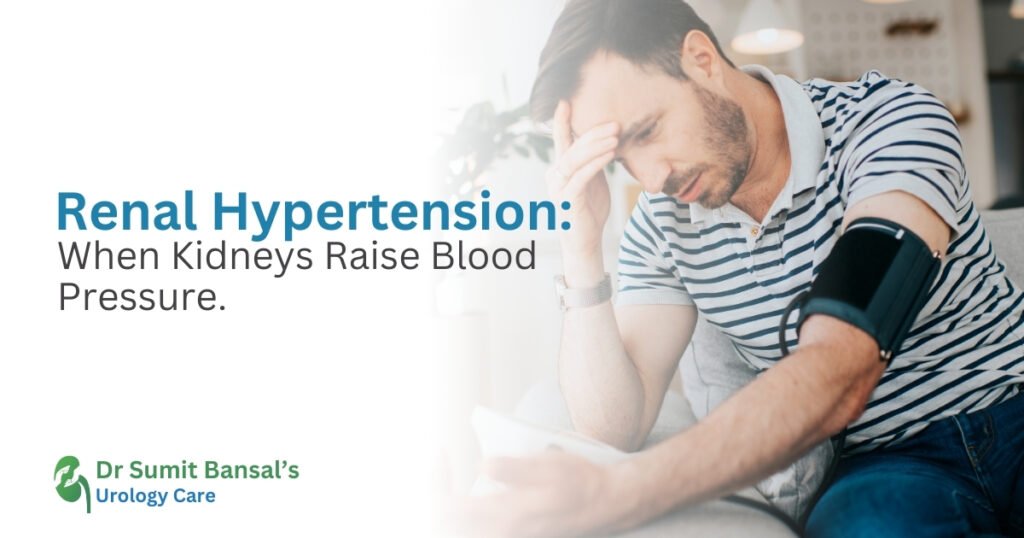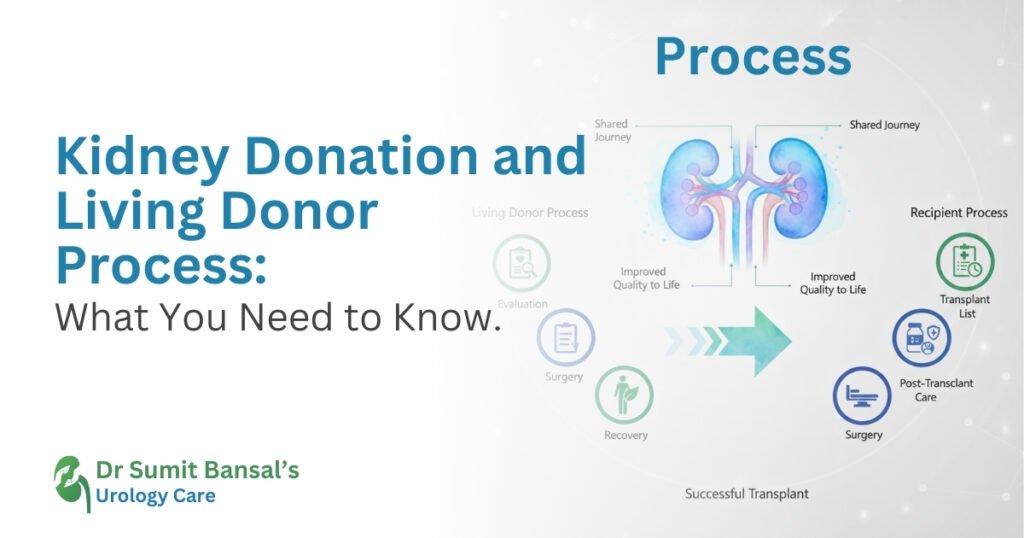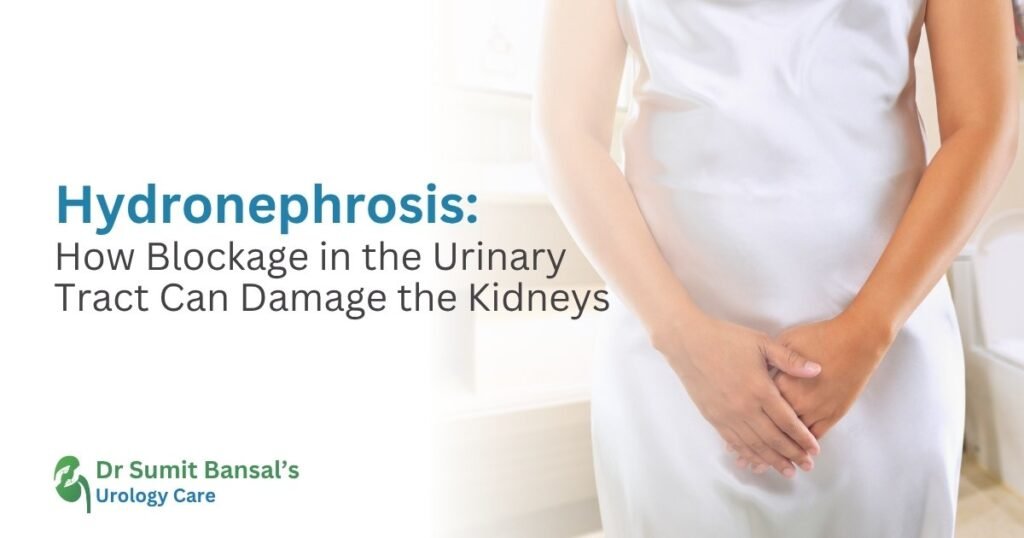High blood pressure (hypertension) is one of the most common health problems worldwide. While in many cases it develops due to lifestyle or genetic factors, sometimes the root cause lies in the kidneys. When high blood pressure is directly linked to kidney issues, it is known as renal hypertension. This condition often remains hidden until it triggers serious complications like heart disease, stroke, or kidney failure. Recognizing renal hypertension early and consulting a specialist is essential for long-term health.
What is Renal Hypertension?
Renal hypertension, also called renovascular hypertension, occurs when the arteries supplying blood to the kidneys (renal arteries) become narrowed. Since the kidneys regulate blood pressure by managing fluid balance and hormone secretion, reduced blood flow triggers the release of hormones that cause blood pressure to rise—sometimes to dangerously high levels.
Common Causes of Renal Hypertension
Several conditions can lead to renal hypertension, including:
Renal Artery Stenosis – Narrowing of the kidney arteries due to plaque buildup (atherosclerosis).
Fibromuscular Dysplasia – Abnormal cell growth in the artery walls, leading to narrowing.
Chronic Kidney Disease (CKD) – Long-term kidney damage affecting the body’s ability to regulate blood pressure.
Symptoms to Watch For
Renal hypertension can be silent in the early stages. However, you should seek medical help if you experience:
High blood pressure that is hard to control with medications.
Frequent headaches, dizziness, or blurred vision.
Unexplained fatigue or swelling in the legs and ankles.
Sudden worsening of previously stable blood pressure.
Why Renal Hypertension is Dangerous
If left untreated, renal hypertension can damage multiple organs and lead to:
Kidney failure
Heart attack or stroke
Aneurysm (dangerous blood vessel swelling)
Vision problems
Timely diagnosis and proper treatment are key to preventing these life-threatening complications.
Diagnosis and Treatment
A urologist may recommend the following tests to confirm renal hypertension:
Blood and urine tests – To evaluate kidney function.
Ultrasound or CT angiography – To detect narrowed kidney arteries.
Renal Doppler study – To measure blood flow to the kidneys.
Treatment Options
Depending on the severity, treatment may involve:
Medications – To manage blood pressure effectively.
Lifestyle modifications – Including a low-salt diet, regular exercise, weight management, and quitting smoking.
Angioplasty or stenting – To widen narrowed kidney arteries.
Surgery – In severe cases where other treatments don’t provide results.
Expert Care for Renal Hypertension in Gurugram & Dwarka
If you or a loved one are facing uncontrolled high blood pressure, it may be linked to kidney problems. Getting the right evaluation at the right time can make all the difference.
Dr. Sumit Bansal, a renowned Minimal Access Urologist, Uro-Oncosurgeon, and Kidney Transplant Surgeon, has extensive expertise in diagnosing and managing complex kidney conditions such as renal hypertension. With advanced treatment options and a patient-focused approach, Dr. Bansal provides world-class care at Manipal Hospital, Gurugram & Dwarka.
📞 For appointments, call: +91 9599 555 945



